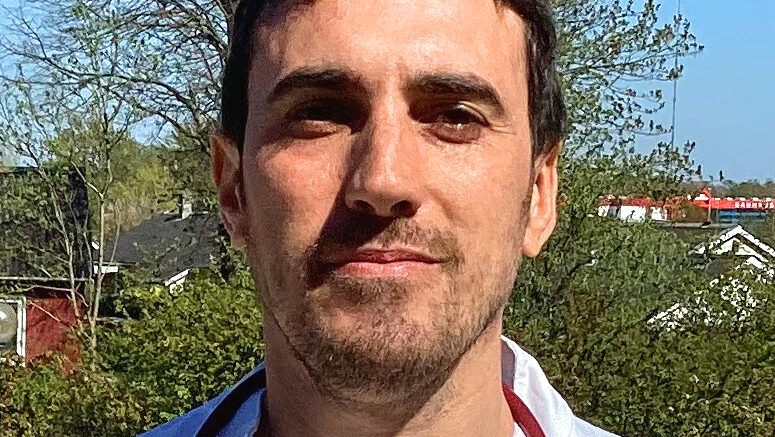Marco Donia posted on LinkedIn:
“Melanoma at ESMO24 (Mini Oral Session)
My main take-home messages
J. Larkin et al. (LBA43) and C. Robert et al. (LBA44): Patients with metastatic melanoma can be cured by anti-PD-1-based therapies. Being alive and progression-free, 3 years after treatment initiation means a high chance (88-97%) of being cured.
What patients do not require the (more toxic) combination? Learn more about potential selection criteria.
Hildur Helgadottir, et al. (1079MO): The introduction of modern adjuvant therapies did not result in improved survival of patients with stage III melanoma in Sweden. >3 years of median Follow-up, high treatment uptake (>60%).
Overall Survival results from KN-054 may shed additional light on this issue (more here), but Swedish data show that RFS/DMFS may not correlate with OS benefits potentially questioning the current Standard of Care for patients with microscopic stage III disease.
C. Robert, et al. (LBA46): A combination of RP1 (Oncolytic virus, intralesional) plus anti-PD-1 results in a considerable (>30%, 47/140) response rate in patients progressing on anti-PD-1-based therapies. Responses in non-injected lesions and durable responses (>70% at 1 year)
Promising results, phase III ongoing. Patients need an injectable lesion (as patients for TIL therapy, requiring a resectable lesion – more here)
Mini-Oral Melanoma ESMO24 Session available here.
Discussants: Jessica Hassel, Bart Neyns and J Larkin.”
Source: Marco Donia/LinkedIn
Marco Donia is a Senior Consultant, Clinician-Scientist and Junior Research Group Leader (TIL group) at the Department of Oncology and Center for Cancer Immune Therapy, University of Copenhagen Herlev Hospital, Denmark. He serves as an Associate Professor in Clinical Oncology at the University of Copenhagen. Donia is also a clinical oncologist treating patients with cancer immunotherapy. His research group is currently investigating new immune-regulatory circuits in PD-1/PD-L1 resistant tumors.


